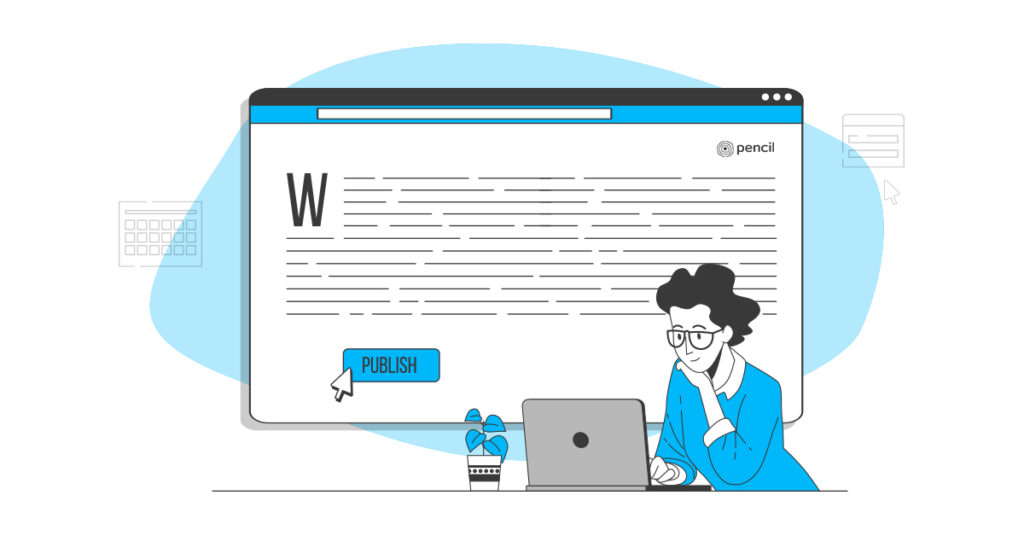Looking to Publish Your Book? Why not try Self – Publishing?

Once a writer has finished writing their book, then comes the task of publishing it. The publishing stage of your book’s journey can be very intimidating, but with so many options today you don’t need to worry.
While approaching a traditional publishing house has always been the go-to method in the past, there are easier methods that can be employed to receive results more efficiently.
“Self-publishing” has taken the front seat in the publishing world for the very same reason.
Self-publishing is the process of publishing one’s creative work on their own terms, without the mediation of a third party (publishing house or company). Here, the author enjoys creative liberty and can go about the process at their own convenience, and can print, design, format and even market their book as they like it.
What’s the difference between self-publishing and traditional publishing
Traditional publishing refers to publishing one’s book via a publishing house. Here, the company acquires the rights to the author’s manuscript and the author is given a deadline to finish the completed version of the manuscript- whilst working with an editor appointed by the company. A traditional publishing house supervises the budget and allots the same for the marketing of the book or advises the author to hire a publicist for the same. The company has the final say on the end product and the book doesn’t hit the stores until it has been approved by the publishing house.
Some key differences between self-publishing and traditional publishing are:
1) Publishing costs- In traditional publishing, everything is covered by the company. The costs for marketing, editing, designing etc.. are also monitored by them. However, this also means that the monetary, as well as the creative decisions lie in the hands of the company. Self-publishing is pretty cost effective, this is because the author has the executive decision makin power.
2) Autonomy- A writer that is self-publishing their book, will enjoy creative liberty and autonomy with regards to everything, from the designing of the cover to the pricing and marketing strategy. On the other hand, traditional publishing a book would mean that the company is in charge of all the decisions made. Traditional publishing also encourages content that appeals to the masses and can be picky when it comes to niche topics. The level of freedom enjoyed by the author is much higher in the former.
3) Potential to earn more- Self-publishing enables the writer to earn more revenue, because they are their own boss! No amount of money earned from the sales will go to a third party. This is why efficiently planning your finances during the self-publishing process can lead you to not only let you successfully show the world your art, but also gain back the money you put into it, and more.
“Should I self-publish or opt for traditional publishing?”
If you are a writer looking to publish your book, self-publishing is an excellent option for you. This is because the process of publishing is much more relaxed. The issue a lot of writers face with approaching a big publishing house, is that their manuscript becomes one of the several manuscripts received by the company on a daily basis, and becoming noticed and approved might take a dubious amount of time. It is also faster to self-publish a book, as traditional publishing takes months to take off. If you are confused about what platform to go with to fulfil your goal of publishing a book, Amazon’s Kindle Direct publishing, Pencil, and Draft2Digital enable the writer to smoothly self-publish their books by providing tools and guides for the same.
Publishing in the literary world is changing for the better. When the ability to have autonomy over your book and its journey exists, why not give it a shot?


